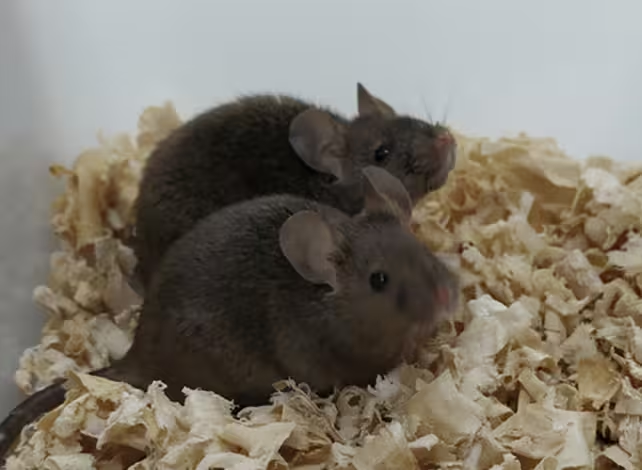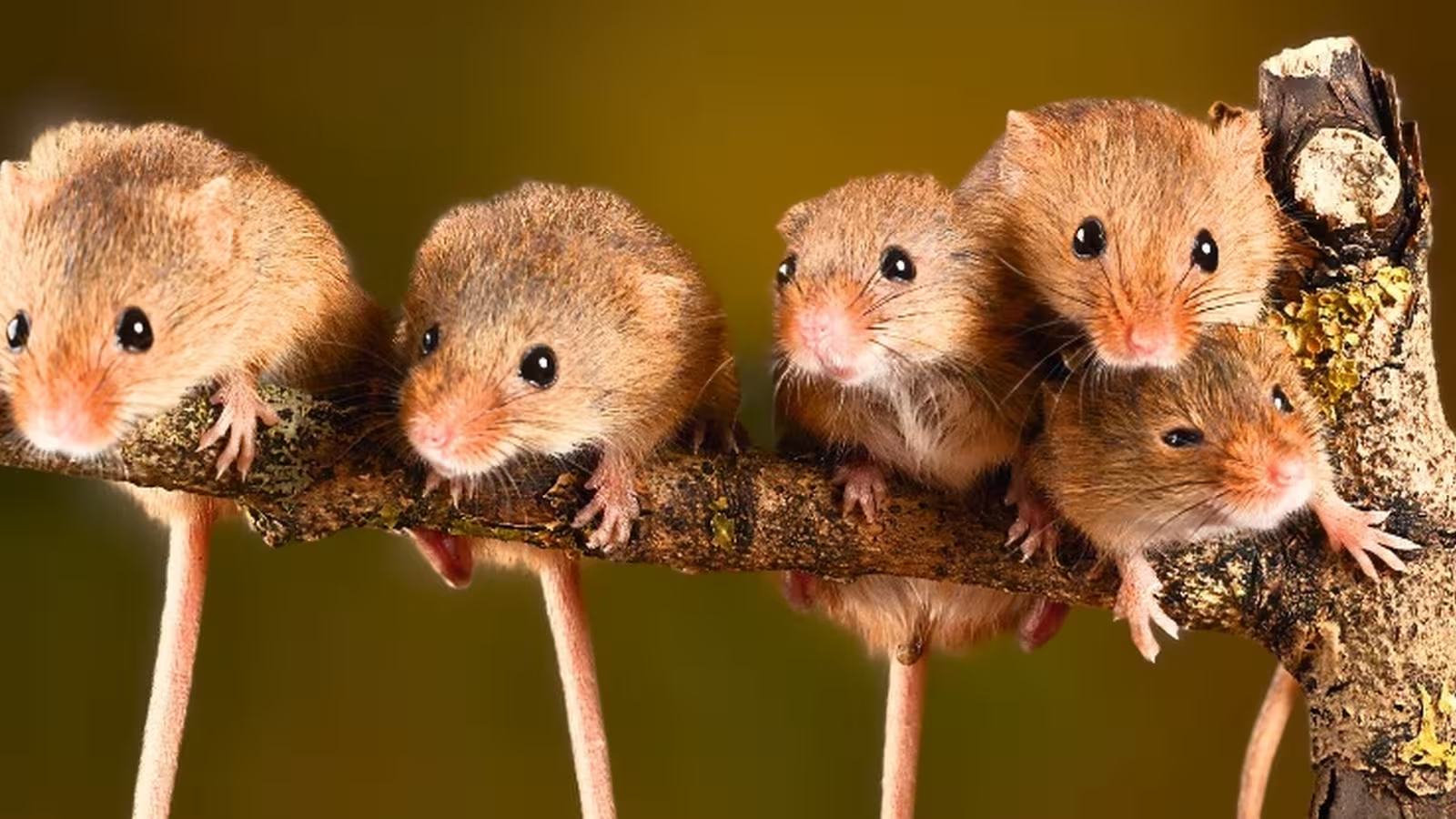3 Minutes
Redefining Reproduction: The First Fertile Mice with Two Fathers
In a landmark achievement for genetic research and reproductive biology, scientists have created mice using only the genetic material from two male parents—without any maternal DNA. Even more remarkably, these mice have grown to adulthood and produced healthy offspring of their own, marking a pivotal advance in the study of androgenesis—the development of an organism solely from paternal genes.
Background: Understanding Androgenesis and Genetic Imprinting
Traditional mammalian reproduction relies on the combination of genetic materials from both a mother and a father. This mix ensures that imprinting control regions (ICRs)—segments of DNA that govern gene activity—are balanced. Any disruption to these regions, as occurs when only maternal or paternal DNA is used, often leads to developmental defects or embryonic death. The ability to circumvent these obstacles could have far-reaching implications for genetics, evolutionary biology, and fertility science.
Previously, researchers achieved partial success by generating mice from two male donors in laboratory settings. Eggs were fertilized using sperm from different males, but the resulting pups were infertile and unable to reproduce. The barrier appeared to be linked to faulty ICR regulation—prompting the latest research to focus on precise, targeted gene editing as a solution.

The Shanghai Jiao Tong University Breakthrough
Led by a team at Shanghai Jiao Tong University in China, the new study combines molecular biology with advanced genome engineering. Scientists removed the nucleus—containing female DNA—from mouse egg cells, effectively creating a genetic blank slate. They then injected two male sperm nuclei into the enucleated egg. The crucial step was the targeted editing of seven specific ICRs, previously identified as major contributors to embryo lethality when improperly regulated.
After gene editing, these reconstructed embryos were implanted into surrogate female mice. Out of 259 blastocysts, the experiment yielded three live births—two of which survived to adulthood. Most importantly, these mice developed normally and produced viable, healthy offspring, demonstrating that androgenetic inheritance can produce not just life, but fertility as well.
Implications and Future Prospects
While the current success rate remains modest, the breakthrough proves that precise epigenetic reprogramming can overcome the natural barriers of uniparental reproduction in mammals. The process required extensive manipulation and, as researchers note, is significantly more challenging than generating offspring from two mothers, which typically involves fewer genetic modifications.
This success opens intriguing prospects for reproductive science, potentially informing new fertility treatments or deepening insights into the genetic roots of congenital disorders. However, applying these techniques to other mammals, including humans, remains a distant goal, fraught with technical challenges and ethical considerations.
Expert Insight
The researchers behind the study emphasize the transformative potential of their work: “We sought to enhance the development of androgenetic embryos by restoring the epigenetic status of key imprinting control regions,” the team wrote. “Our efforts enabled us to create fertile androgenetic mice using genetic material exclusively from two sperm cells.”
Conclusion
The successful birth and reproduction of mice with exclusively paternal DNA marks a significant step forward in genetic engineering and reproductive medicine. While the procedure remains complex and the efficiency is low, it provides proof of principle that mammalian life—and fertility—can originate from two fathers. As gene editing techniques improve and ethical discussions continue, this research could one day expand options for fertility treatments and broaden our understanding of mammalian development and inheritance.
Source: doi



Comments